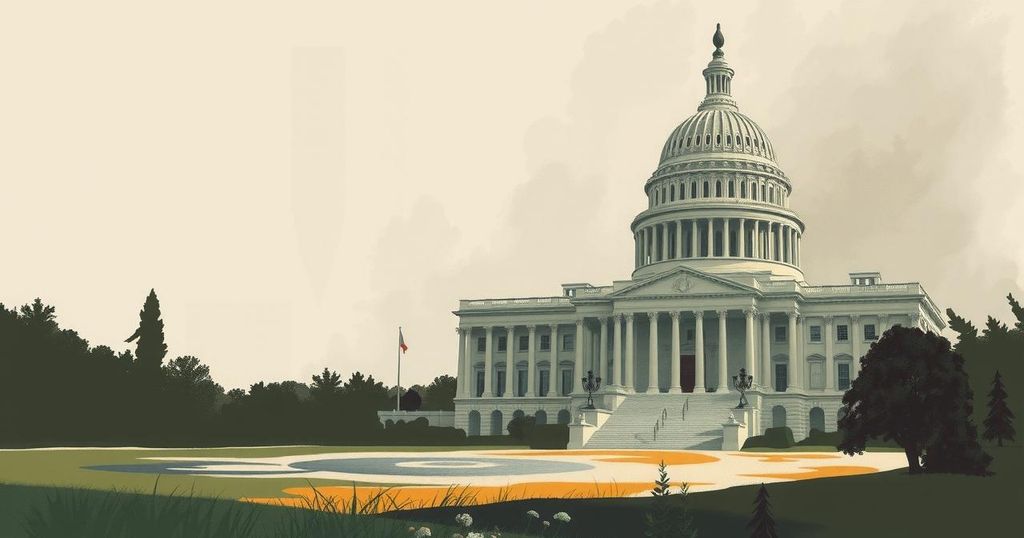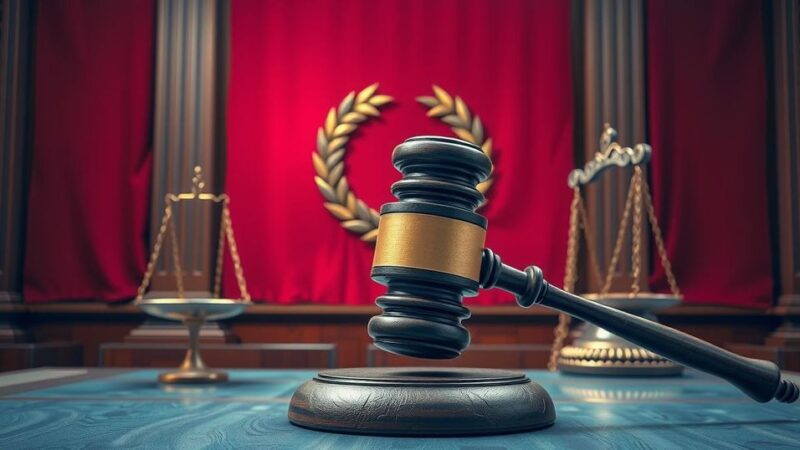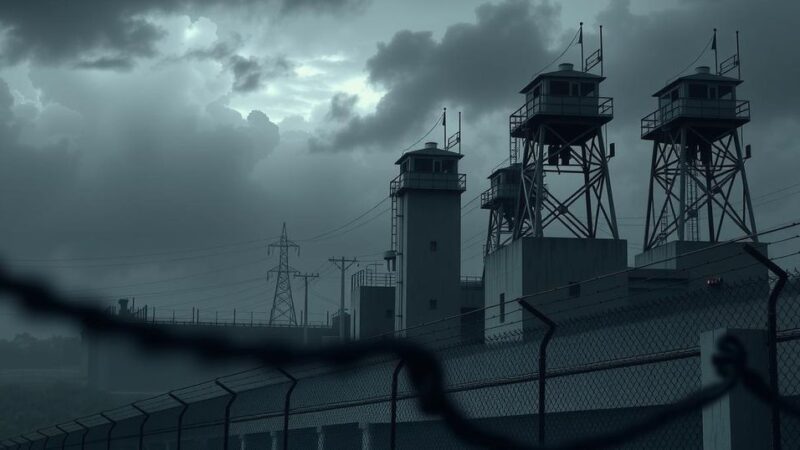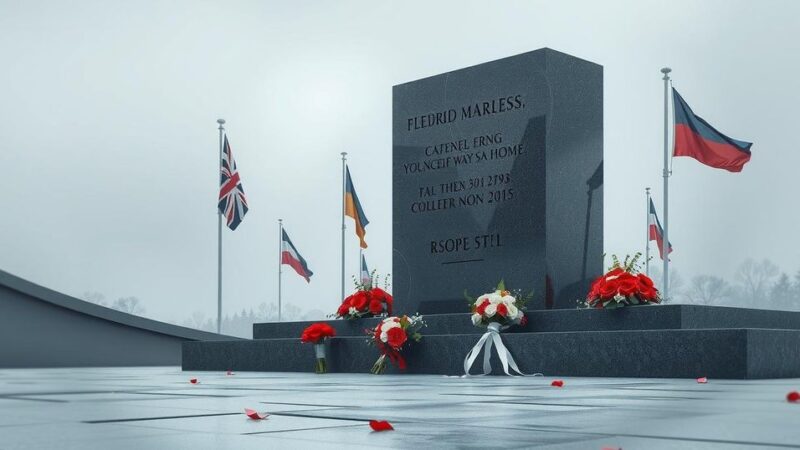Kirsty Coventry’s candidacy for the IOC presidency raises concerns due to her controversial role as Zimbabwe’s sports minister and her ties to an oppressive regime. Despite her achievements as an Olympian, her political involvement and handling of sports governance are questioned, challenging her commitment to ethical standards in sport.
The International Olympic Committee (IOC) is currently poised to elect a new president, with Zimbabwe’s Kirsty Coventry among the candidates. As Africa’s most distinguished Olympian, Coventry may become the first woman to assume this influential role. However, her tenure as Zimbabwe’s sports minister has raised significant concerns about her alignment with an oppressive regime, making her potential presidency contentious.
Coventry’s campaign platform is rooted in a commitment to eradicate corruption and uphold political neutrality within the IOC framework. Nevertheless, her political journey has been intertwined with Zimbabwe’s controversial political landscape, shifting from reluctance to an active role in governance since her appointment as minister in 2018.
Witnessing significant historical events, Coventry was born during Zimbabwe’s Gukurahundi genocide in 1983 and rose to fame in sports at an early age. Her gold medal win at the 2002 Commonwealth Games served as a critical morale booster amidst international sanctions against Zimbabwe, while her Olympic success elevated her status under Mugabe’s regime.
Despite her accomplishments, Coventry has leveraged her recognition within Zimbabwe’s political circles. Following her notable performances at the Olympics, she garnered acclaim from Mugabe, who labeled her as “Zimbabwe’s golden girl.” In a period marked by political terror and crisis, she used her public platform to call for change while simultaneously receiving significant rewards from a regime facing immense criticism.
After the military deposed Mugabe, Coventry accepted a ministerial position under the new leadership of Emmerson Mnangagwa. This decision came amid a contentious election where allegations of electoral manipulation were rampant. Observers interpreted her appointment as a strategic effort to utilize her popularity to improve the regime’s public image.
In subsequent events, Coventry faced backlash for her actions, including her refusal to resign amidst violent state repression of protests. Her participation in political events supporting the regime and her acceptance of a land reward for her loyalty raised red flags regarding her impartiality and commitment to ethical governance in sports.
Despite public scrutiny regarding the state of sports management in Zimbabwe and her ministerial performance, Coventry was reappointed after the controversial 2023 elections. This decision has led to further critique from various sectors, especially concerning her handling of significant sporting issues in the country.
As she campaigns for the IOC presidency, Coventry emphasizes the necessity for high ethical standards. However, her past actions within Zimbabwe’s political framework suggest a dissonance between her public declarations and her political involvement.
The potential election of Kirsty Coventry as IOC president evokes significant discussions surrounding ethics, governance, and the responsibility that comes with leadership in the sports world, especially given her controversial ties to Zimbabwe’s dictatorship.
Kirsty Coventry’s candidacy for the IOC presidency brings to light critical concerns regarding her association with the Zimbabwean regime. Although she presents a platform focused on ethical governance, her political history and recent criticisms call her commitment into question. As the IOC prepares to select its new president, the implications of Coventry’s potential role require careful scrutiny regarding the integrity and future direction of the Olympic movement.
Original Source: www.newsweek.com






